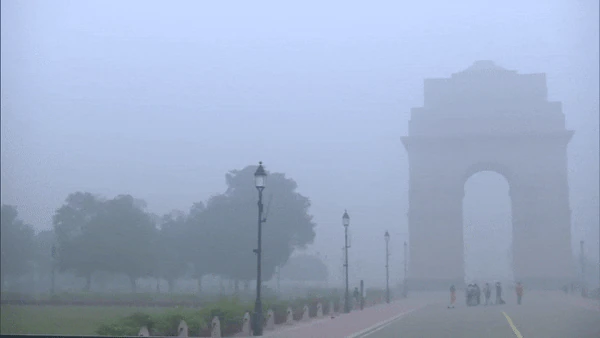In 1994, MLAs G. Viswanathan and Azhagu Thirunavukkarasu were expelled from the AIADMK. Thereafter, Speaker Sedapatti R. Muthiah declared them “unattached members” in the Assembly. Then, the two MLAs joined the MDMK. But they were disqualified soon. The Supreme Court’s verdict on their appeal is a landmark ruling
While the Maharashtra Speaker’s decision rejecting the plea of the Shiv Sena (Uddhav Balasaheb Thackeray) to disqualify legislators of the ruling Shiv Sena (Eknath Shinde) under the anti-defection law has triggered a row, Tamil Nadu saw a turning point case in political defection of legislators nearly three decades ago.
In January 1994, two AIADMK MLAs — VIT deemed university founder G. Viswanathan (Arcot) and Azhagu Thirunavukkarasu (Orathanadu) — were expelled from the party. Following this, Speaker Sedapatti R. Muthiah declared them “unattached members” in the Assembly. Thereafter, the two legislators joined the MDMK, founded by Vaiko. In 1995, AIADMK MLA Subburethinam represented to the Speaker that Mr. Viswanathan and Thirunavukkarasu should be disqualified as legislators under the anti-defection law. The two legislators argued that since they were “unattached members”, the provisions of the Tenth Schedule of the Constitution on disqualification did not apply to them.




